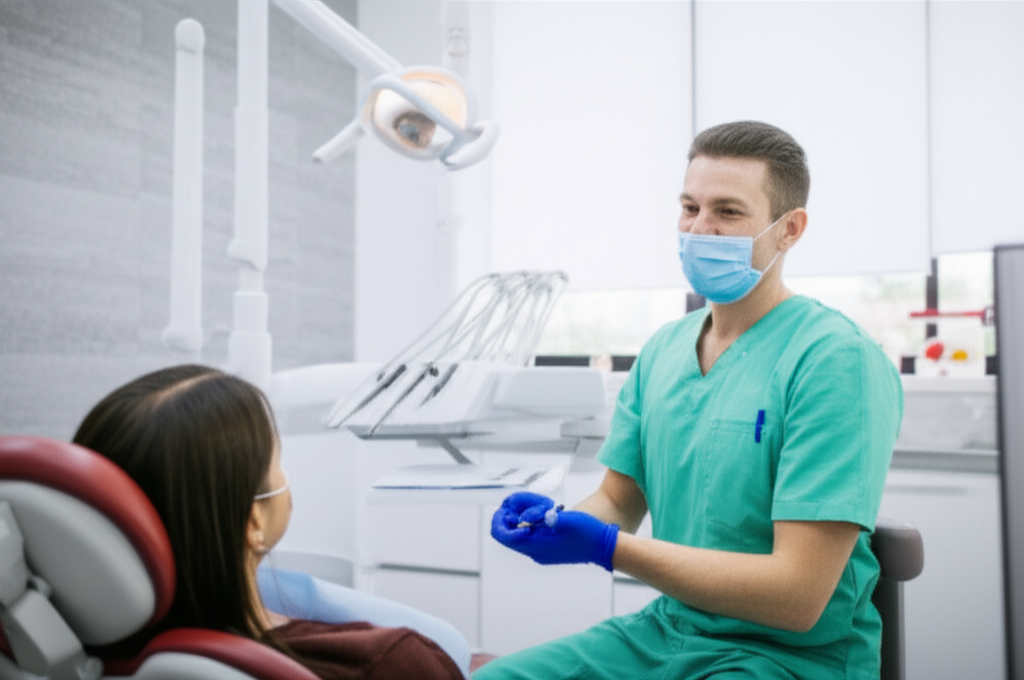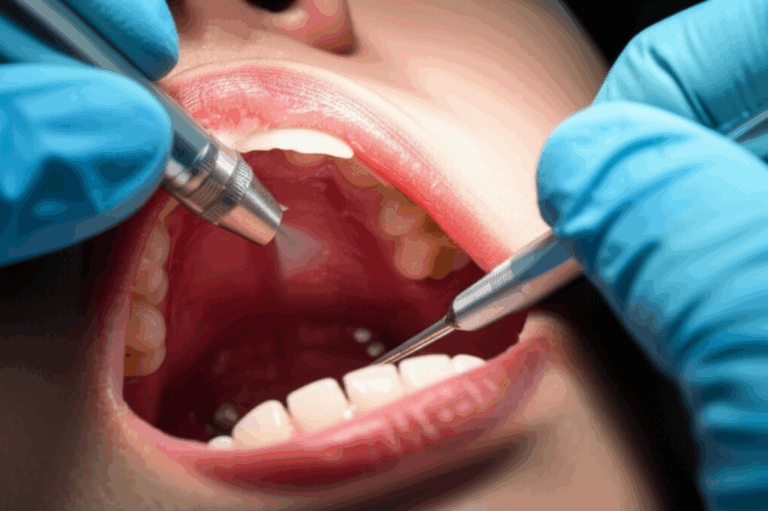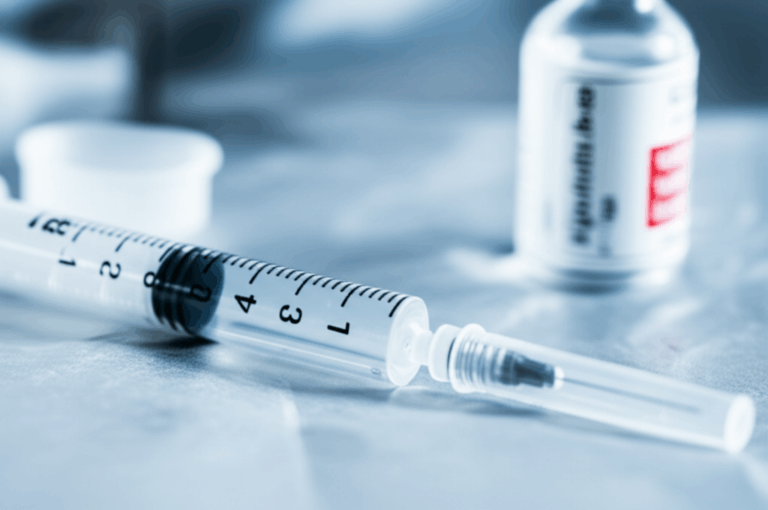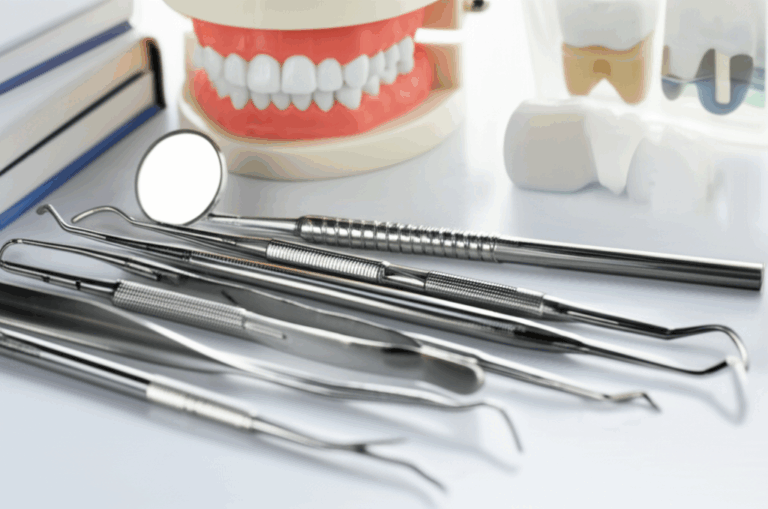
Dentist or Doctor? A Guide to When to See Each Professional for Your Symptoms
Wondering if you should see your dentist or your doctor when you have problems in your mouth, jaw, or even your face? You’re not alone! A lot of people get mixed up over where to go for help when pain, swelling, or odd feelings show up. In this article, I’ll show you what you need to know—using easy tips, stories, and real advice—so you can choose the right person fast and feel better sooner.
Table of Contents
Introduction: The Dentist vs. Doctor Dilemma
Let’s be honest—when your head, mouth, or jaw hurts, it’s tough to know who to call first. The confusion can make you feel scared or even shy. You don’t want to waste time or money seeing the wrong person, right?
I’ve been there too, and know it can feel stressful, especially if you or your child is in pain. Many people rush to the emergency room for tooth or jaw pain, only to leave with pain pills and a big bill. I want you to avoid that! Knowing when to see a dentist or a doctor can really help you heal faster—and save money.
What’s the Main Difference Between a Dentist and a Doctor?
Think of your dentist like the real expert in your mouth. They know teeth, gums, jaw, tongue, and the soft stuff in your mouth better than anyone. If you break a tooth, have gum swelling, or can’t chew because it hurts, you want a dentist.
Your doctor (also called a GP or general doctor) is like the expert for your whole body. They’re who you go to for fevers, sore throats, skin rashes, or pain not clearly coming from your teeth or mouth. When you feel sick all over or see signs outside your mouth, your doctor can help.
A fast way to remember:
| Symptom Starts… | Who to See First |
|---|---|
| Teeth, gums, jaw, or mouth | Dentist |
| Whole body, outside mouth | Doctor (GP) |
| Not sure, hard to tell | Find main symptom and match, or call for help |
When Should You See a Dentist?
Most people go to the dentist for check-ups or when they get a cavity, but sometimes you need to go sooner. Here’s how to know.
See a dentist if you have:
- Tooth pain that won’t go away. Sharp, throbbing, or hurts with hot/cold? Dentist time.
- Broken, cracked, or chipped tooth. Don’t wait! Even a small crack can get infected.
- Loose teeth or lost fillings/crowns.
- Gums that bleed, swell, or hurt. Red or puffy gums can mean gum disease.
- Sores in your mouth that don’t heal in two weeks. These could be canker sores or, once in a while, early signs of something serious.
- Pus or abscess near a tooth. Swelling, fever, and strong pain mean you need a dentist—fast.
- Trouble opening your mouth, or jaw pain when chewing. This could be TMJ.
Dental emergencies: Knocked-out teeth, heavy mouth bleeding, or infection that spreads up your face or neck—these are “go now” emergencies. Don’t wait or try to fix it at home.
In my family, a sore that wouldn’t heal turned out to be nothing, but we felt better after a dentist checked it—just in case.
Tip: Dentists can spot mouth cancers, oral thrush, dry mouth, or even catch signs of diabetes, too. They are not just tooth doctors!
When Should You Visit Your Family Doctor?
Some symptoms make you think “medical problem” instead of dental. Your doctor is best for these.
See your doctor if you notice:
- Fever, chills, or body aches. Flu-like feelings not tied to your teeth.
- Sore throat, trouble swallowing. If there’s no tooth pain, a dentist can’t help here.
- Earaches—especially with a stuffy nose or fever.
- Sinus pain or headaches with no tooth pain.
- General face swelling (not just near a tooth).
- Numbness, tingling, or weak face. This is not common, but it’s important.
- Skin rashes or weird spots on your face or neck.
- Big illnesses like diabetes, heart problems, or auto-immune diseases. These can show up in the mouth but need a doctor leading your care.
Doctors can also give antibiotics or pain medicine if you can’t get to a dentist right away, but this only helps short-term. You still need a dentist to fix tooth problems for good.
How Can You Tell If It’s Dental or Medical?
It can be hard to know if your pain is a dental thing or a medical one. Here’s how you can play detective at home:
Ask Yourself:
- Is the pain focused on a tooth or gum? (Dentist)
- Hurts more when you chew, eat hot/cold foods, or bite down? (Dentist)
- Does the pain move up your jaw, into your ear, or down your neck? (Could be both! Dentist first if you have any tooth pain.)
- Are you feeling sick all over, with fever or chills? (Doctor)
Common Overlap Problems
- Jaw pain: If you can’t open or close your mouth, or you hear pops or clicks, it might be TMJ (see your dentist). If you also have chest pain or pain down your arm, go to the ER—these could mean a heart attack.
- Ear pain: Sometimes a tooth problem hurts in your ear (especially back teeth). If you have sinus stuffiness, see your doctor.
- Sore throat: Is your throat just sore, or do you have a hurting tooth or mouth swelling, too? Dentist. Sore throat with runny nose/fever? Doctor.
- Mouth sores or spots: Non-healing or weird white/red patches should be checked by your dentist first.
If you aren’t sure, call both offices. They’ll ask questions and help you choose.
What Are Emergency Signs You Shouldn’t Ignore?
Sometimes you need help NOW—no waiting, no home fixes, just go. Look out for:
- Bleeding that won’t stop in your mouth.
- Big face or jaw injury. Like: broken bones, hard falls, car crashes, sports accidents.
- Hard time breathing or swallowing, especially if swelling in your mouth, face, or throat is getting worse.
- Sudden, bad face pain with fever and feeling very sick.
Emergency rooms can help with first aid and pain, but may only give you medicine. You’ll need a dentist to fix tooth problems after!
Why Do Symptoms Sometimes Overlap?
Sometimes your body tricks you. An infected tooth can cause headaches, swollen neck, or even ear pain. A sinus infection can make your top teeth hurt, while TMJ pain might feel like a headache or ear ache.
Here’s a simple table to help:
| Symptom | Possible Causes | Best First Visit |
|---|---|---|
| Tooth pain, gum swelling | Tooth infection, abscess | Dentist |
| Jaw pain, clicking | TMJ, dental or stress | Dentist |
| Ear pain, sinus issues | Sinus infection, referred tooth pain | Doctor (then Dentist if not better) |
| Swelling, hard to swallow | Infection, injury | Emergency Room |
I once had a sinus infection that felt like a bad toothache (but wasn’t). Sometimes, you need a bit of patience and good questions to figure it out.
What If You Make the Wrong Choice?
It happens—sometimes you end up in the wrong office. You might see your doctor, who sends you to your dentist—or the other way around. Don’t feel bad! It’s common. Both want to help you get answers.
What if you go to the ER for tooth pain? Usually, you get pain pills and maybe antibiotics, but not much more. Studies show over 2 million Americans go to the ER for tooth problems each year, costing a lot and not fixing the real issue.
Try calling your provider’s office first. The staff will ask smart questions. If you visit your dentist and it’s a medical issue, your dentist will send you to a doctor.
Save time, money, and stress by going to the right person first!
What About Kids and Older Adults?
Kids and older people sometimes have special problems. Kids often fall or get hit during sports, hurting or losing teeth. Then, see the dentist—quick! If a tooth is knocked out, getting it back in fast (within one hour) helps save it.
Older adults might have loose teeth, swollen gums, or mouth sores that won’t heal. Sometimes, they take medicines or have sicknesses (like diabetes or heart trouble) that can cause mouth problems. Always keep both your dentist and doctor in the loop.
Don’t forget: Children and older folks can get infections that spread faster. Watch for fever, trouble swallowing, or face swelling—and get help now.
How Can Prevention Help You Avoid These Problems?
The best way to stay out of trouble? Prevention!
- Brush and floss daily to fight cavities and gum disease.
- See your dentist every 6-12 months (so problems get found early).
- Go to the doctor for check-ups—helps catch any health issue that shows up in your mouth.
- Wear a mouthguard for sports to keep teeth from getting knocked out.
- Eat healthy foods for strong teeth and gums.
Regular dentist check-ups can cut the risk of dental emergencies by up to 70%! That’s a lot. Early visits catch problems before they get big and painful. And if you need help fixing teeth, replacing missing ones, or getting special retainers, a modern china dental lab can provide good options that help your dentist and keep your smile safe.
Frequently Asked Questions (FAQ)
Q: Can my doctor fix a toothache?
Doctors can give pain pills and antibiotics for an infected tooth, but only your dentist can fix the real problem (like doing a root canal or filling).
Q: I have swollen gums and a fever. Who do I call first?
Call your dentist if the swelling is near your teeth or gums. If you feel very sick all over or can’t breathe, go to the ER.
Q: What if the pain is in my jaw when I eat or talk?
Could be TMJ, a cracked tooth, or gum disease. Dentists are trained for jaw problems.
Q: I have a sore on my tongue that won’t heal. Should I worry?
See your dentist! Sores lasting more than two weeks should be checked, even if they don’t hurt much.
Key Things to Remember
- Problem with tooth, gum, or mouth? Call your dentist first.
- Sick all over, fever, face swelling, or skin rashes? Your doctor is the one to see.
- Bad pain, trouble breathing, or big injury? Go to the ER now.
- Not sure? Call a medical office—they’ll help you out.*
- Prevention is best. Regular check-ups and good care stop most emergencies.
Table: Who Can Help with Your Oral Health Problems
| Symptom | Go To… |
|---|---|
| Tooth pain, broken tooth | Dentist |
| Gums bleeding/swelling | Dentist |
| Fever, body aches | Doctor |
| Earache, sinus pain | Doctor |
| Jaw pain with chewing | Dentist |
| Trouble swallowing, injury | Emergency Room |
| Not sure? | Ask for advice |
A Word from Dr. Joe Dental, DDS:
“This guide helps people make smart choices about their health. Don’t ignore symptoms or wait too long. If you aren’t sure, call. We’ll help you every step of the way.”
If you or your dentist need good crowns, bridges, or dentures, many clinics trust a professional crown and bridge lab and removable denture lab for strong results. New dentistry uses digital dental lab tools for faster, better fixes—so you can get back to feeling good faster.
Remember: Choose smart, act fast, and keep both your dentist and your doctor on your health team. Stay healthy, and don’t let confusion slow you down!








